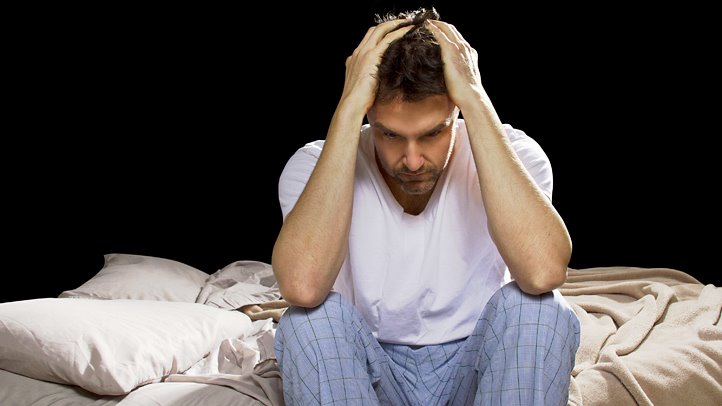How can you improve your night’s sleep?

From avoiding screens to sidestepping that evening nightcap, here’s what you can do to improve your chances of an undisturbed night
1) Regularity
Try to go to bed and wake up at about the same time every day, regardless of whether it is a weekday or the weekend, or how well you slept the night before. This signals to your body a regular time for sleeping and being awake. Many of us set alarms to wake up, but you can also help yourself by setting an alarm for bedtime. Some people find that it helps to get changed for bed and to brush their teeth at least an hour before sleep. For those people who do struggle with falling or staying asleep, regular daytime naps should be avoided. Naps can release the healthy sleepiness that builds up during a day. As a result, you may not feel as sleepy at night, worsening night-time sleep difficulties.
2) Darkness
We are a dark-deprived society. All of us need darkness in the evening to help encourage the release of a hormone called melatonin. Melatonin times the healthy onset of your sleep cycle. Yet we are bathed in artificial light in the evenings from computer screens, smartphones and overhead lighting. That artificial evening light blocks the normal release of melatonin. As a result, your brain doesn’t know it is night-time. Make sure your bedroom is dark and that you are not looking at bright light sources in the evening. Try to dim down the lights in your home in the last hour before bed, and avoid looking at computer screens and mobile phones during this time.
3) Temperature
Our body’s core temperature needs to drop in order for us to fall asleep and stay asleep. This is why you will always find it easier to fall asleep in a room that’s too cold than too hot. Keep temperatures in your bedroom cool at night. A little above 17°C is optimal for most people.
4) Get up
Don’t stay in bed awake too long – no more than 25 minutes. Otherwise, your brain gradually learns that the bed is about being awake. Instead, get up and read a book under dim light in a different room (or different part of the room). Only go back to bed when you are sleepy. This way, your brain re-learns the association between bed and sound sleep.
5) Side-step the caffeine and evening nightcap
This tip seem unpopular with many, but the science warrants the risk. Avoid caffeine after noon and stay away from the alcohol-infused nightcap. Both of these interfere with sleep.
Caffeine, from coffee, many teas as well as energy drinks and dark chocolate, is a psychoactive stimulant drug (the only one we readily give to our children). Caffeine can make it harder to fall asleep, prevents you from reaching the deepest sleep, and can cause early morning awakenings. Alcohol, in contrast, is a sedative.
However, sedation is not sleep, yet many people mistake the former for the latter. Alcohol does not induce naturalistic deep sleep. An evening drink will also make you wake up many times in the night, and leave you feeling unrestored by sleep the next day. Finally, alcohol is a potent blocker of dream sleep, also known as REM sleep, which is critical for many brain and body functions.


































